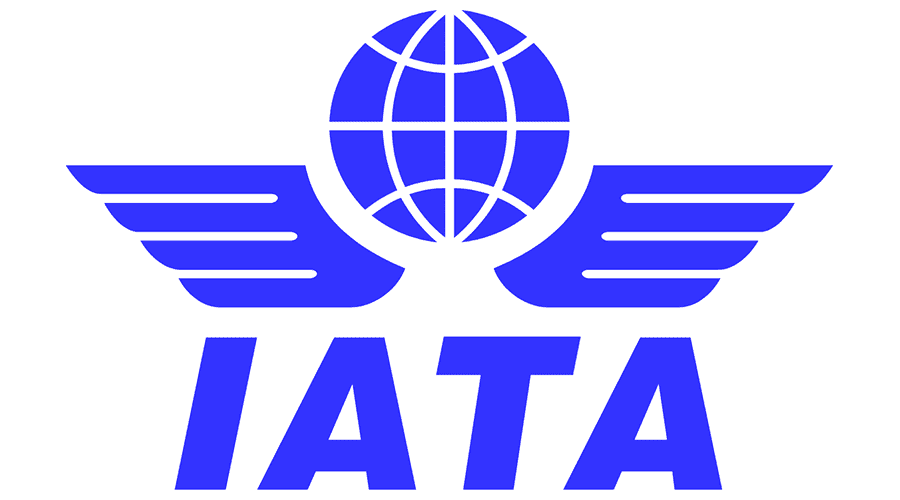Madrid – The International Air Transport Association (IATA) will be adding further airlines and airline groups as data contributors to its CO2 Connect emissions calculator, hence improving the quality and accuracy of the tool. Respective agreements were signed with Aerolineas Argentinas, Air Baltic, LATAM Airlines Group, Luxair and Nile Air during the first World Sustainability Symposium held on 3-4 October 2023 in Madrid, Spain.
“Accessing the most accurate operational data is key to achieving global consistency and alignment in CO2 emissions calculations. Expanding this data pool is essential in providing greater transparency and coherence to passengers and stakeholders alike. This allows for more informed CO2 compensation choices while supporting ESG reporting. In continuously expanding our data sources, we will further enhance IATA CO2 Connect’s calculation quality, far beyond what any theory-based or model-based tools can achieve”, said Frederic Leger, IATA’s Senior Vice President Commercial Products and Services.
Given the complexities and the lack of available data sources needed to accurately calculate CO2 emissions from aircraft, IATA launched CO2 Connect in June 2022, with the objective of using actual airline data, such as fuel burn, belly cargo and load factors in order to provide accurate per passenger CO2 emissions calculations. The CO2 Connect calculator now receives actual operational data from around 150 airlines. Paired with other IATA and open market data sources, IATA CO2 Connect calculates fuel burn data for 74 aircraft types, representing ~98% of the active global passenger fleet, and considers traffic data from 881 aircraft operators representing ~93% of global air travel. This sets it apart from other CO2 calculators which rely on theoretical models and thus apply more assumptions in their calculations.
Through its agreements for the distribution of the CO2 data calculations with companies like ATPCO and Amex GBT, IATA supports airlines in the provision of accurate and consistent passenger CO2 emissions data across sales channels and travel management companies.
CO2 Connect will continue to evolve and include new features. IATA is already in the process of creating an affordable white-label microsite solution tailored for airlines, leveraging CO2 Connect model and fully powered by IATA. This comprehensive solution will include a compensation feature for environmentally-conscious customers seeking to minimize their carbon footprint.
Methodology
IATA CO2 Connect utilizes the Passenger CO2 Calculation Methodology (RP 1726) adopted by IATA’s Passenger Service Conference in March 2022. This was conceived with support from leading partners from 20 airlines and major aircraft manufacturers, in consultation with international standard-setting bodies and logistics services providers. The methodology includes factors such as:
- Guidance on fuel measurement, aligned with the Carbon Offsetting and Reduction Scheme for International Aviation (CORSIA)
- Clearly defined scope to calculate CO2 emissions in relation to airlines’ flying activities
- Guidance on non-CO2 related emissions and Radiative Forcing Index (RFI)
- Weight based calculation principle: allocation of CO2 emission between passenger and belly cargo
- Guidance on passenger weight, using actual and standard weight
- Emissions factor for conversion of jet fuel consumption to CO2, fully aligned with CORSIA
- Cabin class weighting and multipliers to reflect different cabin configurations of airlines
- Guidance on carbon offsets and sustainable aviation fuel (SAF) as part of the CO2 calculation.

